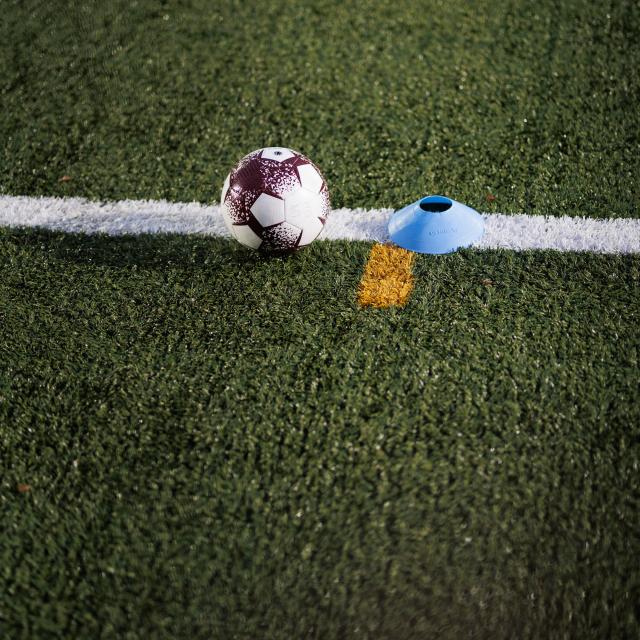
Referees: They are present at almost every game, but they can never win. They also rarely win hearts. Yet blowing the whistle often places at least the same physical and mental demands on the country's almost 1,000 referees as the players – without half of the audience cheering them on.
We are in the middle of a match between two young basketball teams. From the start of the game, the crowd – almost exclusively parents – refuses to calm down. The screams get louder with every free-throw until the increasingly frustrated referee turns directly to the spectators and loudly quotes the rules: No, free-throws are not always thrown from the free-throw line in Matches in which the players are younger than 12. Mobile phones are pulled out, rules are skimmed over (often for the first time) and heads are shaken. The game can continue.
Parents, says the anonymous referee, "are the most exhausting audience. They always find some reason to make a fool of you. The coaches are often no better, especially at youth level." In an age category where nothing is really at stake, it may come as a surprise that tempers run so high. Nevertheless, he has already been verbally threatened during and after matches at the "Buvette". The fact that there have not yet been any physical altercations is probably due to his stature.
He has learnt to take the verbal attacks in his stride. But for many aspiring referees, they are a reason to give up, he says: "When you're just starting out at 15, it's a real test of courage. I myself blew the whistle maybe two or three times in my first game because I didn't dare. A young referee recently left the pitch in tears during one of her first games because she was being shouted at all the time. It's not easy."
You want more? Get access now.
-
One-year subscription€185.00/year
-
Monthly subscription€18.50/month
-
Zukunftsabo for subscribers under the age of 26€120.00/year
Already have an account?
Log in


